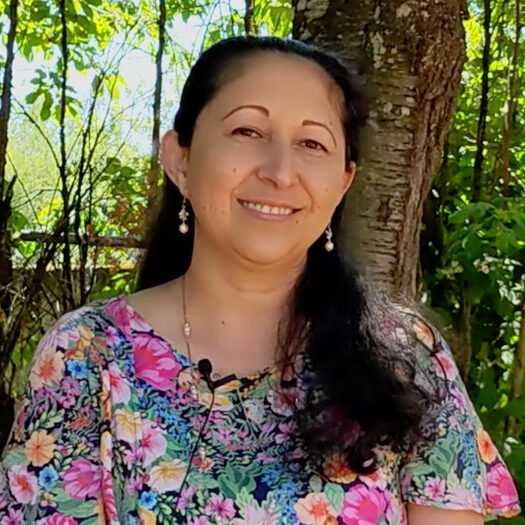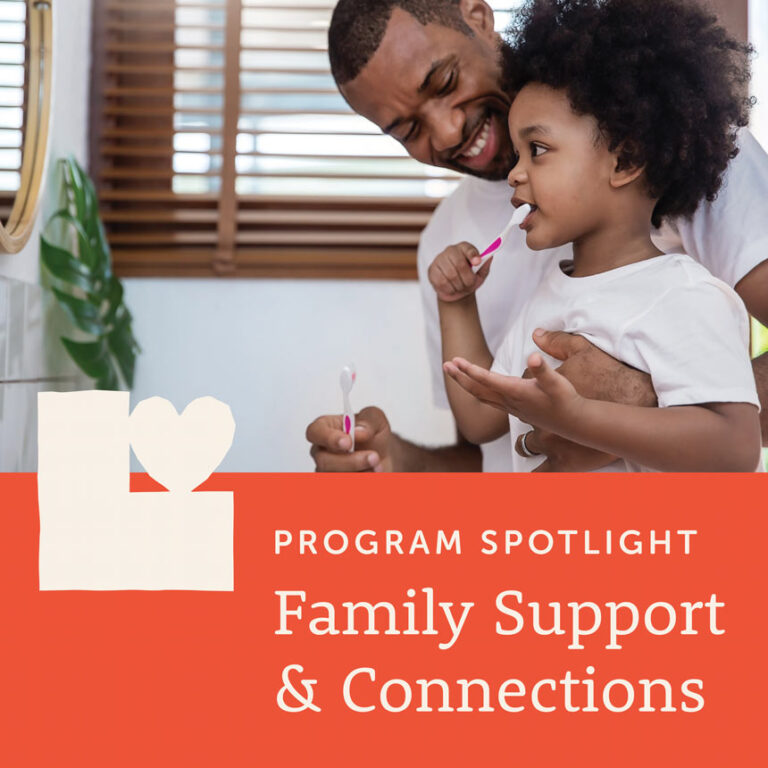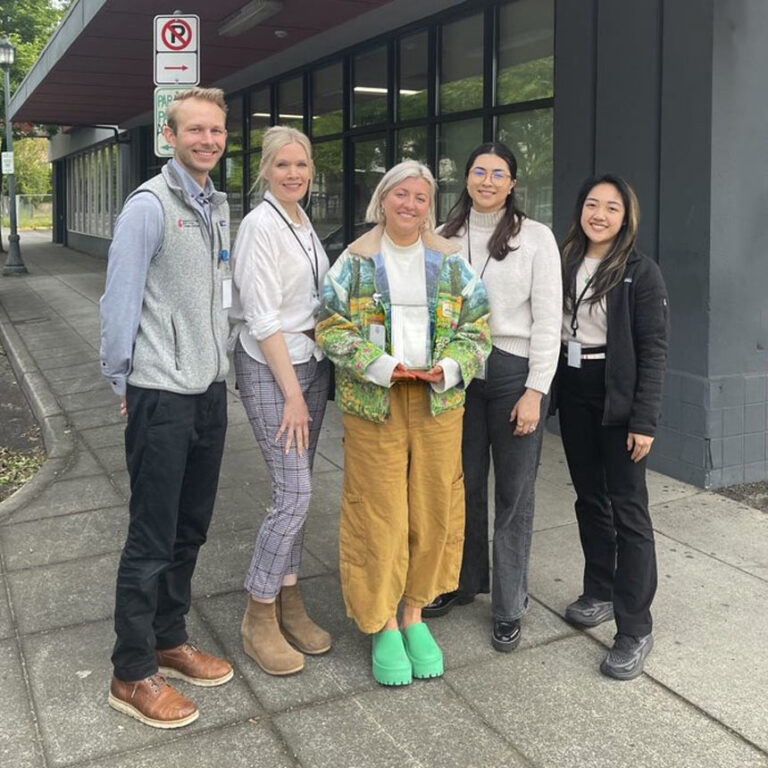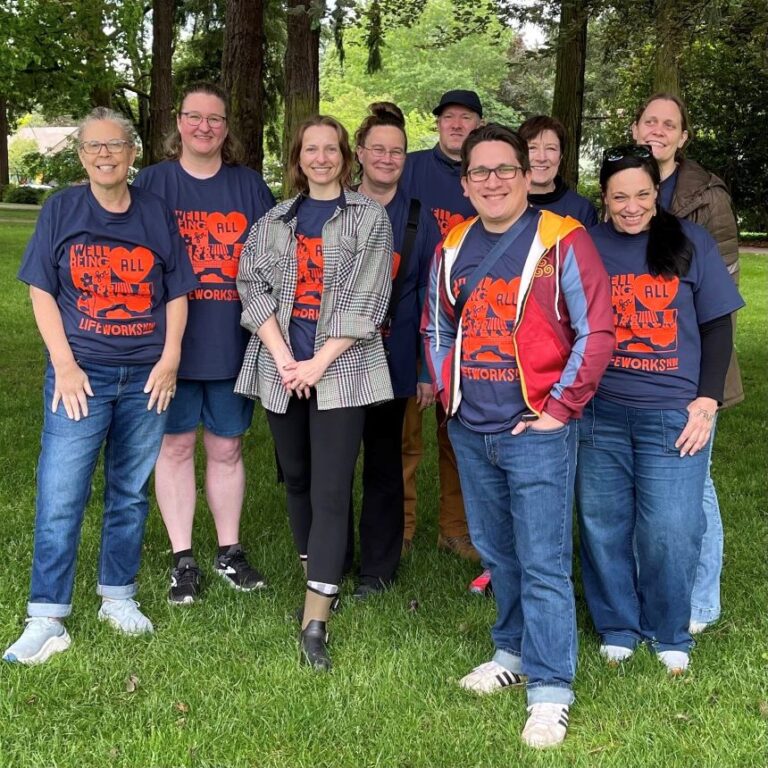
Recently, LifeWorks NW invited staff member Gelin Diaz to discuss the importance of Hispanic Heritage Month. Here’s the article she wrote for us. Thank you, Gelin!
National Hispanic Heritage Month is celebrated from September 15 to October 15, in the United States as a recognition to the contributions and influence of Hispanic Americans to the history, culture and achievements of the United States. In the United States, Hispanic Americans can be traced to 20 countries and one territory including Mexico, Central and South America, the Caribbean and Spain. The idea to celebrate Hispanic Heritage began as a weeklong observance in 1968 under President Lyndon B. Johnson and later changed into a full month 20 years later by President Ronald Reagan. President George H. W. Bush first proclaimed the National Hispanic Heritage Month beginning on September 14, 1989.
The celebration of Hispanic Heritage is a reminder of the Hispanic culture and an opportunity to celebrate Hispanic traditions and values such as the decision to assign to their children two last names, and the importance of validating this as it represents the family’s origin. Families want to make sure that this name continues representing the family.
Some Hispanic families celebrate a variety of holidays like “Dia de muertos,” and “Dia del niño.” Day of the Dead is a day to pay respects to someone close who has died. Dia del niño is a day to celebrate children and a day to have celebrations promoting the well-being of all the children. Other Hispanic traditions can include celebrating “posadas,” and “Quinceañeras.” Posadas is a religious celebration that commemorates the journey that Joseph and Mary took looking for a safe refuge for Jesus to be born. Quinceañeras is a celebration of a girl’s 15th birthday and her transition from childhood to adulthood.
Hispanic Heritage month is also a great opportunity to consider the efforts of families coming to the United States looking for a better life. Families who immigrate, adjust to the changes, new traditions, and new rules/laws, such as appropriate discipline methods.
It is an opportunity to evaluate and offer guidance in assisting Hispanic families to understand the importance of seeking services in the community. Mental health services are often stigmatized in the Hispanic community, causing families to be hesitant to seek services. It is an opportunity to educate families about mental health services and to have conversations normalizing this topic with Hispanic families.
This can be an opportunity to recognize families that are hardworking, that have come to the United States chasing the American Dream, and who are often managing acculturation or immigration issues. For some families the American Dream is having the opportunity to own a home, while for others it is surviving. This month can be a reminder to celebrate not just the Hispanic traditions, customs and values, but also the Spanish language which is the common language among Hispanics.
My challenge to you today is to use Hispanic Heritage month to learn more about this diverse culture.










